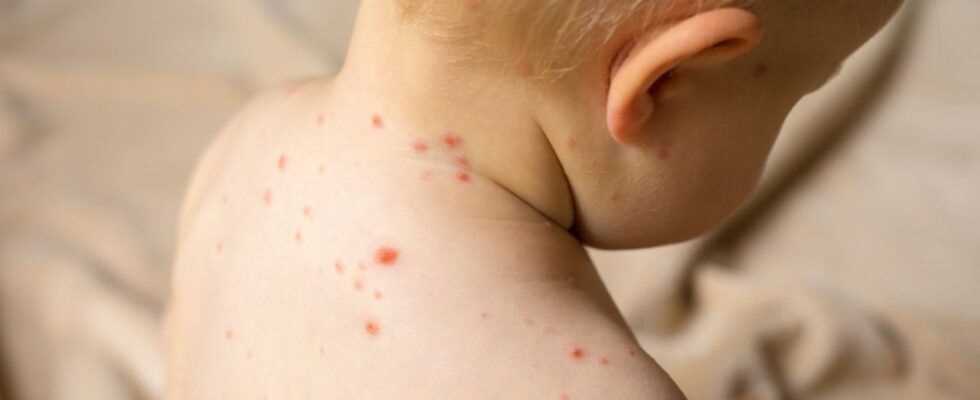At so-called measles parties, healthy children are deliberately infected with measles. Doctors criticize the irresponsibility of parents and speak of bodily harm.
The numbers are sobering: According to the Standing Vaccination Commission (STIKO), the rate of recommended second measles vaccination for children aged 24 months is only 73.9 percent according to current reports. To eradicate measles, the quota would have to be at least 95 percent. Many parents are still skeptical of measles vaccination – some of them even bring their children to measles parties. There, children who are infected with measles are brought together with healthy, unvaccinated children so that they become infected. Because: Anyone who has gone through the disease is considered immune.
Do measles parties count as bodily harm?
Doctors are appalled by this approach and consider it irresponsible. Many experts even go one step further and perceive measles parties as physical injury towards the children. But why do so many parents refuse to have their child vaccinated and sometimes even make it infected?
An old article has caused misunderstandings to this day
Vaccine opponents are often of the opinion that measles vaccination increases the risk of autism in the child. This assumption stems from a 1998 article by British doctor Andrew Wakefield that appeared in a medical journal. Wakefield wrote that there is a link between measles vaccination and autism in children. In response to the article, vaccination rates fell sharply in the UK. It was not until years later that Wakefield was paid by lawyers representing parents of autistic children. Their goal was to sue the manufacturer of the measles vaccine. As a result, Wakefield was banned from working, the magazine in which the article was published withdrew it because of unfair methods.
There are now several scientifically based studies that have not found a connection between measles vaccination and an increased risk of autism. For example, this study shows that vaccination does not increase the likelihood of autism, asthma, multiple sclerosis, diabetes, or Crohn's disease.
Side effects are always possible with a vaccination
Of course, side effects from a vaccination cannot be completely ruled out – however, serious complications are very rare. The US epidemic agency CDC has evaluated various data. For example, new studies have shown that an average of around 1 in 10,000 children who received three injections for measles, mumps and rubella between 12 and 23 months suffered from four febrile seizures. These occurred about five to twelve days after vaccination. If the combination drug was used against all three diseases, the risk for it doubled. However, it has to be said that such a febrile seizure can be scary, but is usually harmless for the child.
Does an illness harden?
Aside from skepticism about the measles vaccine, there is also a persistent misconception that infectious diseases like measles strengthen the immune system. To date, there is no scientific evidence for this. In fact, it is actually the other way around: It is proven that the onset of diseases against which one can vaccinate today as standard can damage the development of the child. For example, some infections can even permanently damage the organs.
